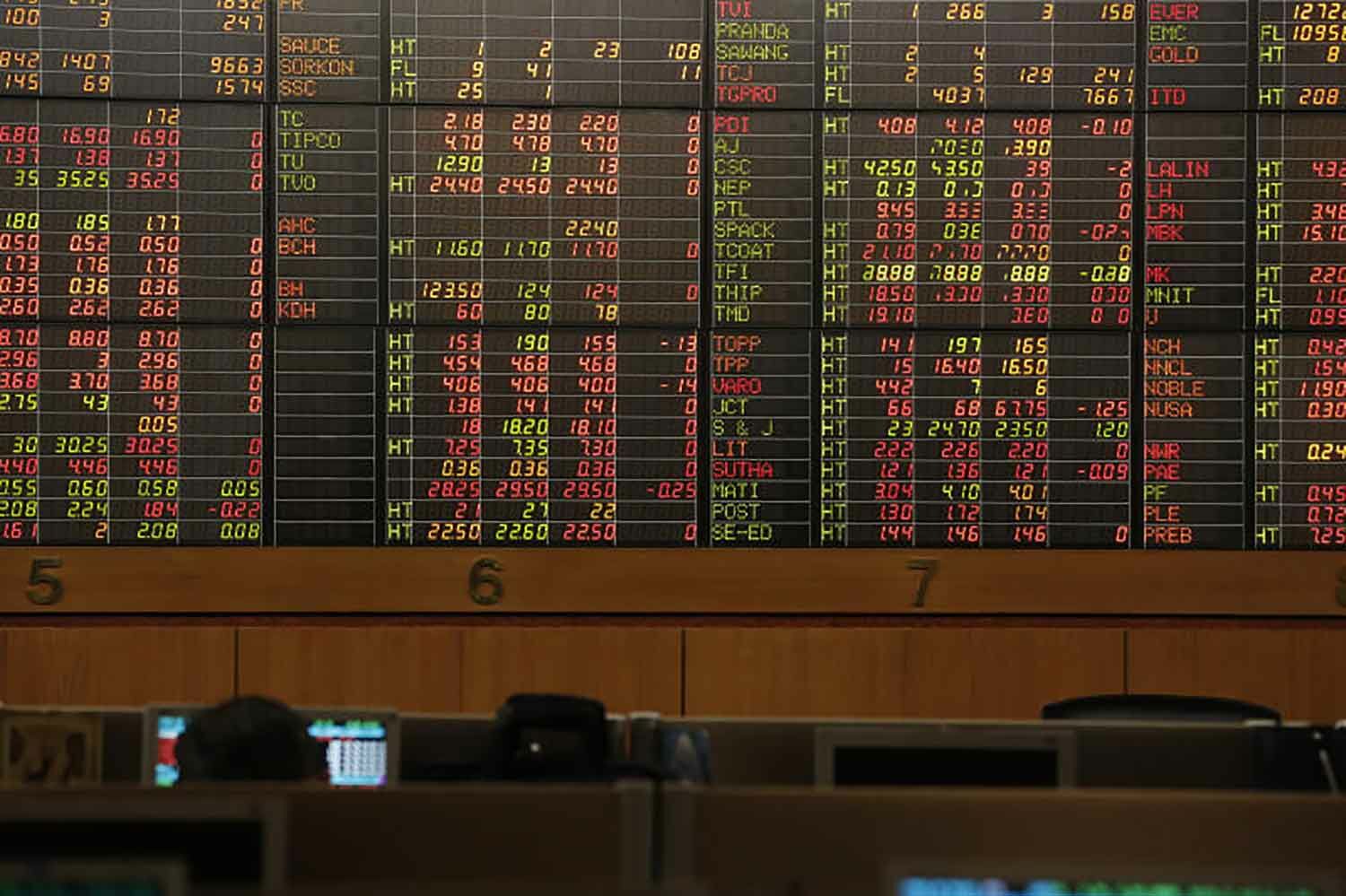Thai stock market rebounds with net inflows as investors absorb negative US news

The Thai stock market has begun experiencing net inflows this week after significant capital outflows during the first four months of the year, according to the Stock Exchange of Thailand (SET). Investors have seemingly absorbed negative news regarding the US banking crisis and the possibility of a recession.
Soraphol Tulayasathien, a senior executive vice president, expressed hope that May would be a turning point for the bourse, as the index declined 5% in April and 8.4% year-to-date. He attributed the decrease primarily to the number of holidays and noted similar trends in other ASEAN bourses.
In April, the average daily trading value of the SET and Market for Alternative Investment fell 43.1% compared to the same period in 2022, reaching 46.8 billion baht. For the third consecutive month, foreign investors were net sellers, with 7.9 billion baht after a four-month net buying streak. Nonetheless, their trading ratio remained higher than other types of investors for 12 consecutive months.
Tulayasathien observed that measures taken by US authorities appear sufficient to contain the banking sector’s problems. However, he cautioned that it is essential to monitor whether these measures impact bank lending, as evidence of this is already emerging. He also noted that the International Monetary Fund’s global economic forecast is still more optimistic than earlier projections, including for the US, while the labour market remains robust.
“Based on the current situation, the recession, if it happens, would be mild,” Tulayasathien said.
Recent Thai economic data suggests that the export and tourism sectors are primed for growth. The nation’s current account surplus in March exceeded analysts’ forecasts due to trade and service surpluses, resulting in a more robust baht relative to other regional currencies.
At the end of April, the Thai stock exchange’s forward price-to-earnings (P/E) ratio stood at 15 times, above the Asian stock market’s average of 12.4 times. The historical P/E ratio was 18.7 times, surpassing the Asian stock market’s average of 13.9 times. Meanwhile, the dividend yield ratio was 3.14%, below the regional market’s average of 3.36%. With these figures, the Thai stock market appears to be on the path towards recovery, with hopes that May will mark the beginning of positive change, reports Bangkok Post.
Latest Thailand News
Follow The Thaiger on Google News:


























